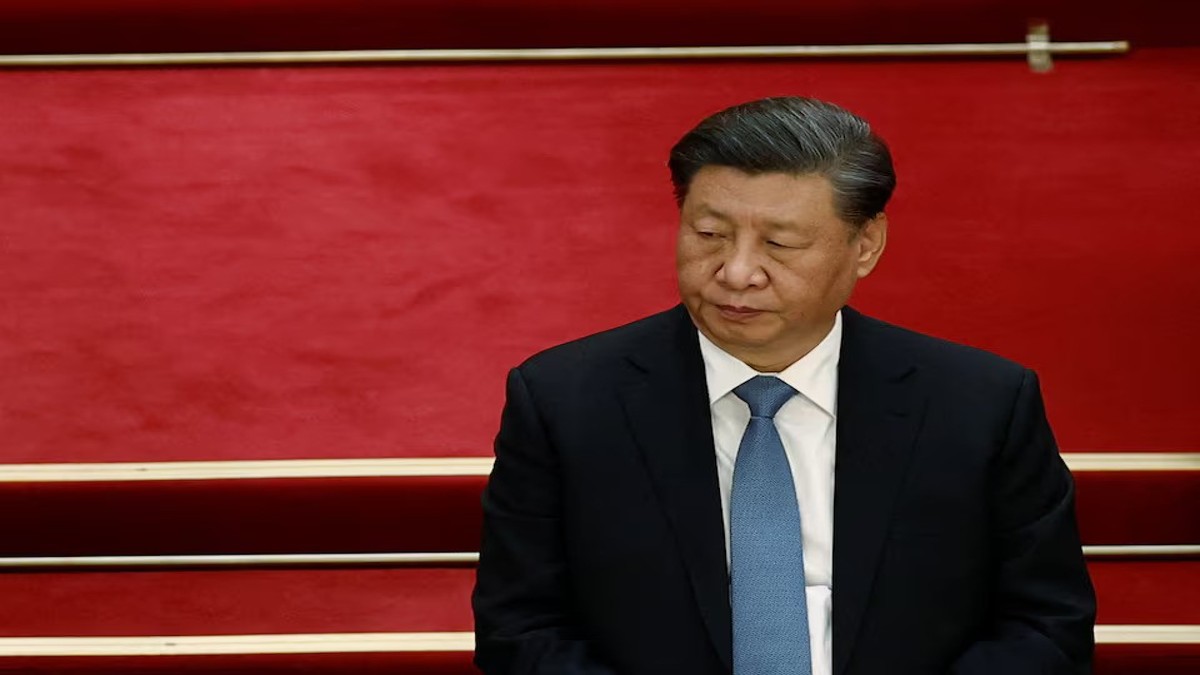China is set to become the world’s largest debt collector from developing nations in 2025, as repayments under its Belt and Road Initiative (BRI) surge to record levels, according to a report released Tuesday (May 27) by Australia’s Lowy Institute.
The report warns of a “tidal wave of debt” that threatens to cripple public spending in some of the world’s poorest countries. Researcher Riley Duke said that following a decade-long lending spree that funded infrastructure projects across Asia, Africa and the Pacific, China’s role has pivoted from financier to creditor.
“Developing countries are grappling with a tidal wave of debt repayments and interest costs to China,” Duke said. “Now, and for the rest of this decade, China will be more debt collector than banker to the developing world.”
Using World Bank data, the Lowy Institute found that 75 low-income countries are expected to pay a record $22 billion to China in 2025, the highest annual repayment on record. In more than 50 of 120 surveyed developing countries, debt-service payments to China already exceed the combined repayments to the Paris Club, a group of Western government lenders.
This is a dramatic change in China’s international financial posture. “China’s net lending position has shifted rapidly — moving from being a net provider of financing to a net drain,” Duke added.
Impact Shorts
More ShortsChina’s foreign ministry responded to the report saying it was “not aware of the specifics”, but maintained that its financing “abides by international conventions”. Spokeswoman Mao Ning said a “small number of countries” were spreading falsehoods and that “China’s investment and financing cooperation with developing countries” was beneficial.
But the Lowy Institute cautioned that the burden of repayment was jeopardising critical development goals, including investments in healthcare, education, and climate adaptation.
“Pressure from Chinese state lending, along with surging repayments to a range of international private creditors, is putting enormous financial strain on developing economies,” the report said.
While Chinese lending has slowed globally, the report noted two exceptions: nations that recently switched diplomatic recognition from Taiwan to Beijing, such as Honduras and the Solomon Islands, and resource-rich countries like Indonesia and Brazil, where China is securing access to critical battery minerals through new loans.
Trade between China and Belt and Road countries exceeded 50 per cent of China’s total foreign trade in 2024 for the first time, pointing to Beijing’s growing economic entanglement with the Global South even as new loans taper off.
The report’s findings come amid wider concerns that China may use its creditor position to extract geopolitical concessions . With Western aid declining, observers fear that Beijing’s financial leverage could translate into greater political influence across debt-ridden nations.
With inputs from agencies


)

)
)
)
)
)
)
)
)



